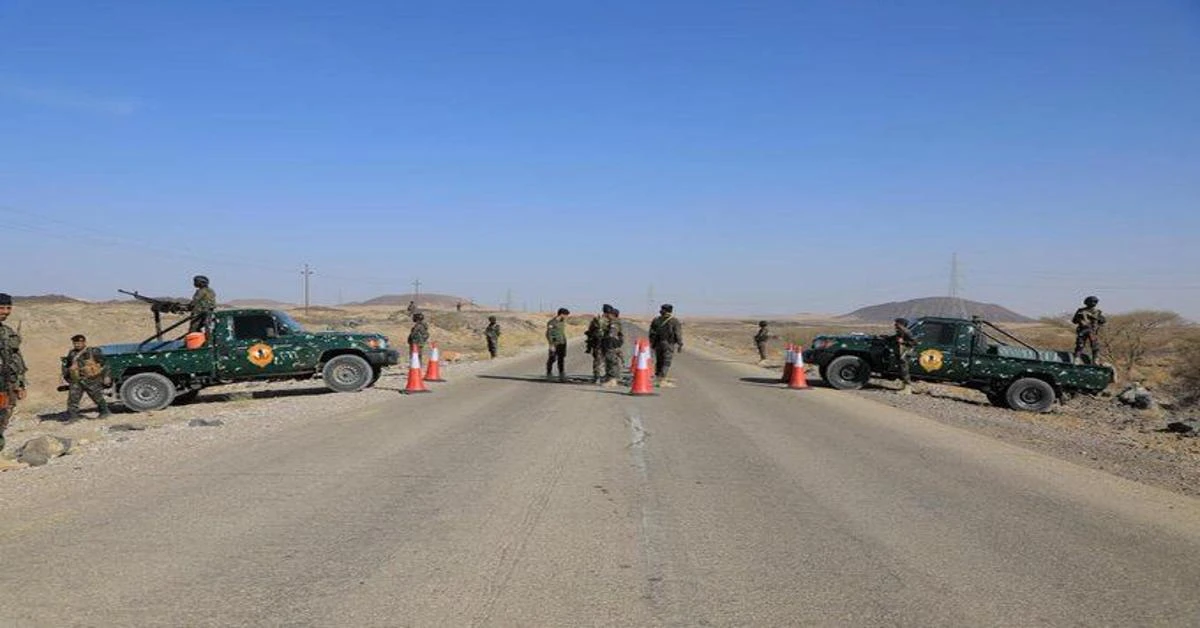The Yemeni government announced that it plans to reopen the Marib-Sanaa road on Thursday, which has been closed for nearly nine years.
The Houthi rebels have made a plea to the Yemeni government, urging them to agree to a charter that would prohibit the detention of travelers at military checkpoints.
Muhammad Ali al-Houthi, a member of the Houthi group’s Supreme Political Council, stated that the goal is to ensure the gradual opening of the roads. The first step involves releasing individuals who were previously arrested while traveling to or from Yemen at security and military checkpoints. The second step would be the signing of an agreement to prevent future arrests of travelers passing through these points.
Why is the road important?
Previously, the Yemeni government had accused the Houthi group of detaining numerous citizens and activists along these roads.
This crucial road connects the Marib Governorate, which is under government control, to the capital city of Sanaa, held by the Houthi rebels. It has been closed since March 2015.
In late December 2023, the U.N. disclosed that both the Yemeni government and the Houthi group had committed to a series of measures aimed at achieving a comprehensive cease-fire across the nation.
Houthi rebels seized control of significant parts of the country, including the capital, Sanaa. The conflict intensified in 2015 with a Saudi-led military coalition launching an extensive air campaign to push back Houthi advances.
Since then, the conflict has resulted in the deaths of tens of thousands of Yemenis, including many civilians. Additionally, according to the U.N., an estimated 14 million Yemenis are at risk of severe famine due to the ongoing crisis.
Source: Newsroom

